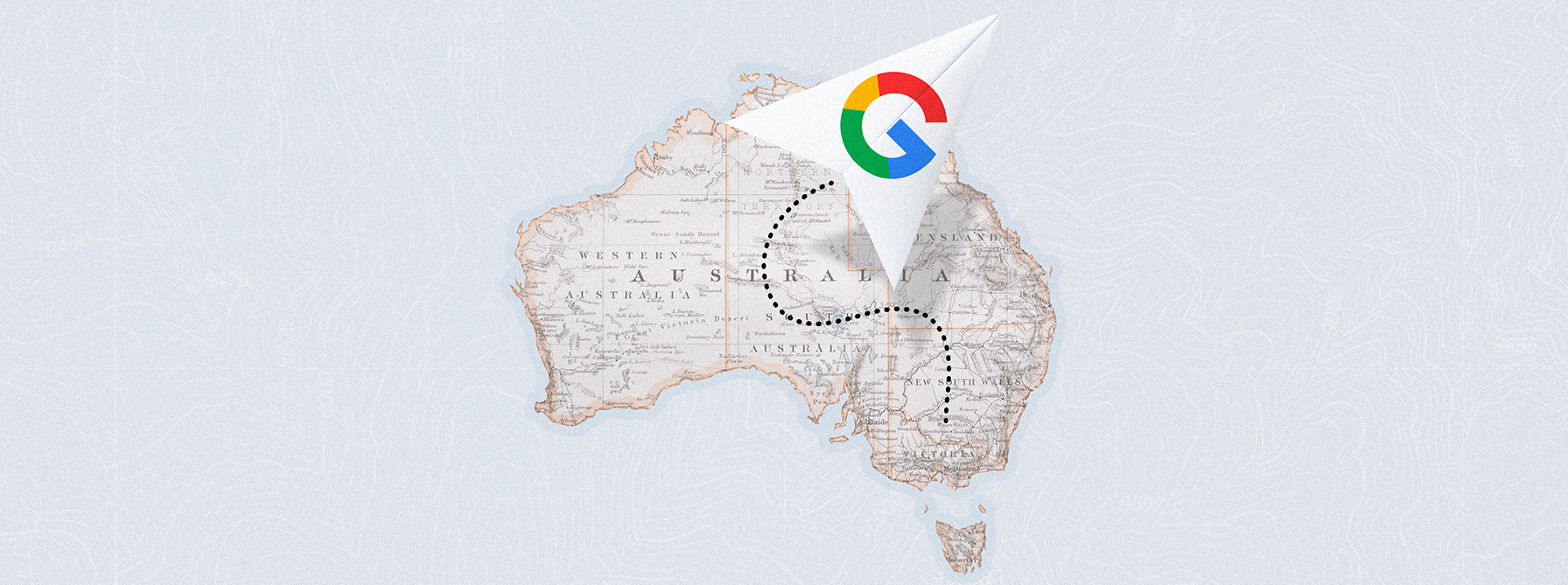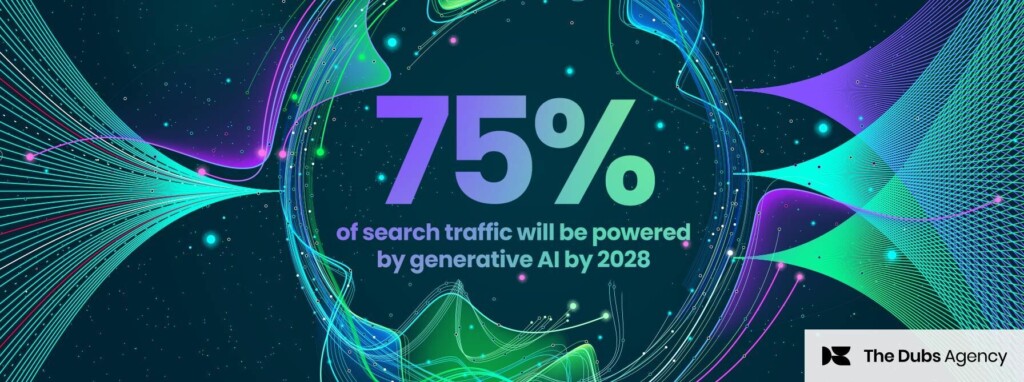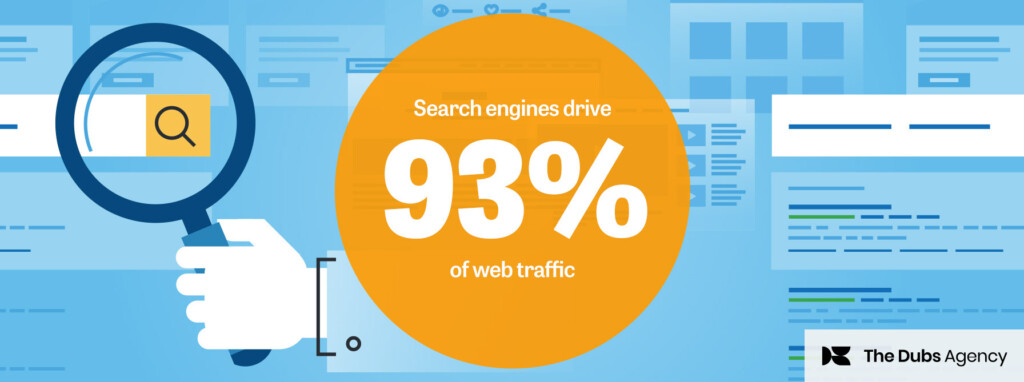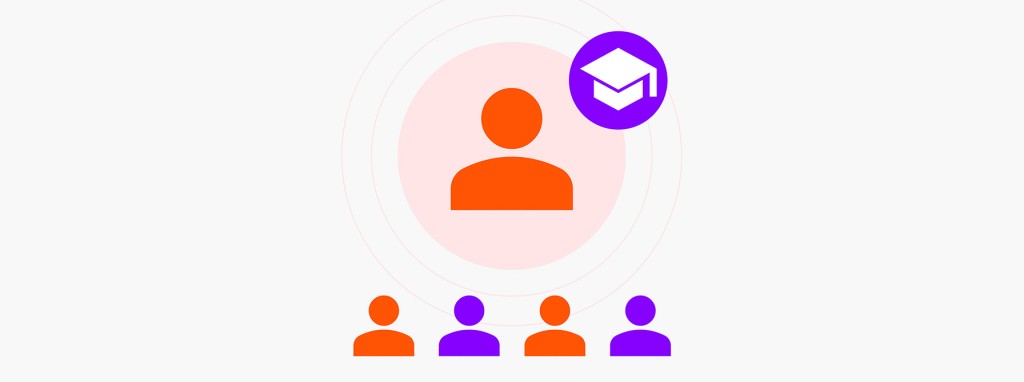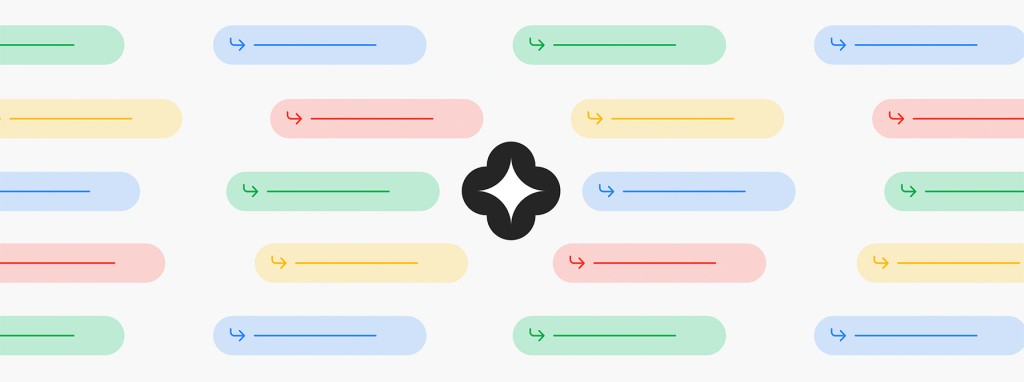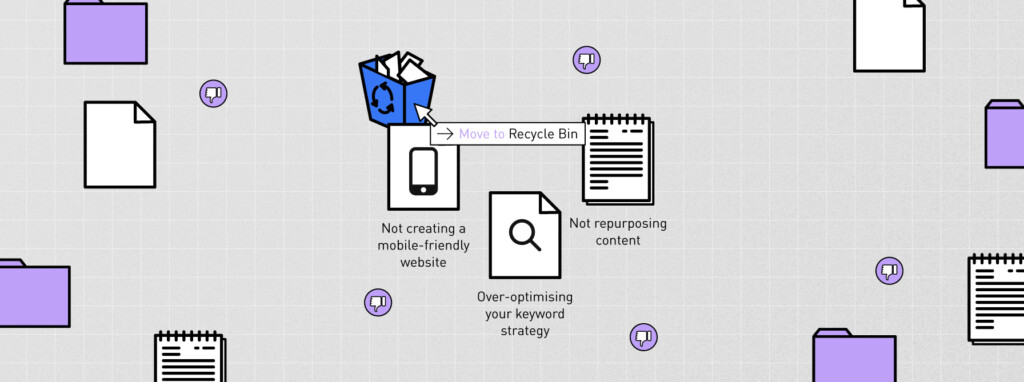If anyone in the world is associated with internet search it’s Google, Google, Google. In almost every country in the world Google has more than 90% market share for internet search. Google’s very name is a commonly used verb as in ‘I’m going to google that’ and everyone in the world knows exactly what you mean when you say that.
Anyone who has been following the story in Australia about Google search and The Australian Competition and Consumer Commission’s (ACCC) proposed News Media Bargaining Code will soon realise that this is a story about big tech vs big media and money.
Both sides of the argument
Big tech, in the form of Google and Facebook, are making loads of it. Big media wants more of the action, and with friends in the right places big media has managed to get something they have been kicking and screaming about for several years onto the table. The proposed law will effectively force big tech to pay for something that has never been paid for before anywhere in the world – organic links on a search engine results page.
Like this…

or this…

The gist of big media’s argument is that the prestige of their news content – which requires a lot of infrastructure, expertise and investment to create – adds value when listed on a search engine and therefore the owners of that search engine should pay for the privilege of having it listed there.
On the flip side, big tech’s argument is that those search engine links are sending traffic to the news sites free of charge where they can become valuable subscribers and viewers of advertising on big media’s websites.
As an example, 9news.com.au would have received an estimated 6,457,720 website visits from free organic Google search links in the month of January.

Source: SEMRush
From Google’s perspective, as voiced by Mel Silva, Managing Director for Google Australia in an open letter and video on Google’s website, “paying for links breaks the way search works and undermines how the web works too.” Describing the proposed law as a slippery slope, Silva used the open letter to question why one type of business should get paid and not others, instead offering up Google News Showcase as a fairer alternative solution.
“The Code’s rules would dismantle a free and open service that’s been built to serve everyone, and replace it with one where links come at a price, and where the Government would give a handful of news businesses an advantage over everybody else. That puts Google’s business in Australia—and the services we provide more than 19 million Australians—at enormous risk,” explained Silva. “We’re not against a new law but we need it to be a fair one. Google has an alternative solution that supports journalism. It’s called Google news showcase.”
Arguments can be made both for and against the introduction of this code and everyone can draw their own conclusions about who is right and who is wrong, but at the end of the day there will only be one of two outcomes – Google search in Australia stays or Google search in Australia goes.
“ At the end of the day there will only be one of two outcomes – Google search in Australia stays or Google search in Australia goes.”
Can Australia live without Google Search?
So what happens if Australia joins a very exclusive club where Google search doesn’t exist? A club where the only members in the world would be Australia and China. Sounds like quite a frosty party doesn’t it.
If Google search goes, I think there are really two ways of looking at it – what it means for the average consumer in Australia and what it means for businesses in Australia.
For the consumer, almost every journey on the internet starts with a search and this isn’t going to change just because Google is gone. The main contender to fill the search engine hole will most likely be Microsoft-owned Bing (and that presumably would only be if Microsoft agrees to buy into the ACCC code as well). Bing is the 2nd ranked search engine in most countries, although a distant 2nd it must be said. Would this be a big deal for most Australian consumers? I suspect probably not if they are just looking for a good doughnut in Sydney, after all, it’s just a doughnut.
Google:
The Best Doughnut Shops in Sydney – Concrete Playground
So, here’s our list of the city’s best and most extravagant doughnuts … at the Redfern eatery (or you can order via UberEats or Deliveroo).
Bing:
Dr. Dough Donuts – Delivered Across Sydney For Every Occasion
Donuts delivered across Sydney for every occasion. Order now for next day delivery. Delivering 7 days a week. Birthdays, Thank You, Congrats, I Love You, Get Well Soon, Thinking of You, New Born, Anniversary. Select from Classic range or choose a bespoke design.
But what if it’s a $750,000 home loan?
Google:
Compare $750,000 Home Loans | Rates from 1.75% | RateCity
www.ratecity.com.au › Home Loans
Approved for $750000 and thinking of taking the full amount? Compare rates as low as 1.75% in February 2021 to find the $750K home loan for your needs
Bing:
$750,000 House — Mortgage Payment Calculator
https://www.mortgagecalculatorplus.com › 750000-mortgage
Assuming you have a 20% down payment ($150,000), your total mortgage on a $750,000 home would be $600,000. For a 30-year fixed mortgage with a 3.5% interest rate, you would be looking at a $2,694 monthly payment. Please keep in mind that the exact cost and monthly payment for your mortgage will vary, depending its length and terms.
Now I don’t know if Google’s number one ranked RateCity is a better option than Bing’s number one ranked mortgagecalculatorplus.com, but the important thing is that they are different and in this instance, that difference could lead to considerably different financial outcomes for the consumer. The question is, who is more trustworthy in terms of internet search?
The answer is whichever search engine has access to better or more complete data and the largest dataset of user activity for its algorithm to interpret, along with the better-trained AI. The answer is pretty clear I think – Google is a data company at the forefront of AI research, Microsoft is at its heart a software company.
Even for a consumer, search accuracy and relevancy are important, so regardless of what they’re searching for, life without Google isn’t a win for consumers.
The impact for Australian businesses
For Australian businesses, unfortunately, the impact is potentially even greater. Organic search traffic accounts for more than 30% of most inbound website traffic and more than 90% of that organic search traffic comes from Google search. Google search is the largest channel of inbound website traffic for many, if not most Australian businesses.
Australian businesses that rely on website traffic for new business often put considerable effort into trying to rank well in Google search. This is no easy task, requiring constant tweaking to technical aspects of their website and time spent creating the right kind of website content that indexes well on Google search. A Google page one result for important keyword searches relevant to a business is an enormous advantage over its competitors.
If Google search leaves Australia, a lot of this effort will be lost and will have to largely be redone to adhere to the specific best ranking criterias and parameters for whichever search engine takes Google’s place. Not a win for Australian business.
Any Australian business that relies on international exposure on the internet for their products and services may suffer if Google search leaves Australia. International audiences will still be searching on Google even if Australian businesses are not being indexed and kept relevant in the Google search engine. Not a win for Australian business.
Google search also includes Google map search as a component and presumably this too will be impacted, not only in browser search but also in apps that integrate with Google map search.
The impact of Google leaving Australia is a no-win situation for Australian consumers and businesses alike, and something we’ll be watching intently here at The Dubs. Sign up to the Financial Marketer newsletter to stay abreast of the latest content marketing news and insights relevant for finance brands.

